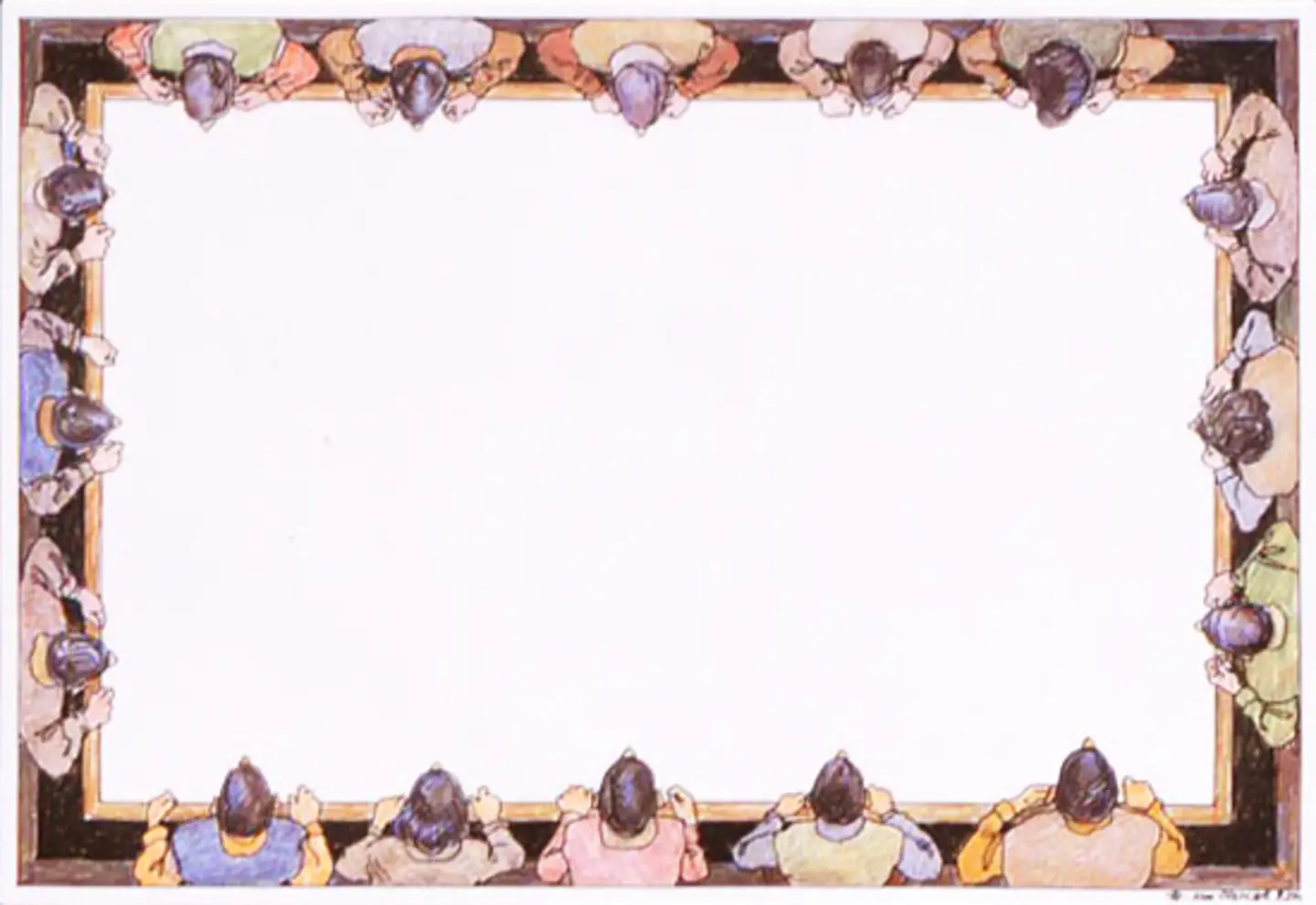Communism failed in the 20th century, but is allowing the super-rich to dictate to the rest of humanity the only alternative system? Perhaps we need to design a socialist system, which also recognizes achievement.
Category: – Academic Journals
Sexuality in the Posthuman Age
[Appeared in Stasis 2016, Vol. 4, No. 1, pp. 54-69 – pdf] It is the profound distrust of sexual love that is the main feature of Platonov’s work throughout the 1920s. His great novels from this period—Chevengur and especially The Foundation Pit—are usually interpreted as a critical depiction of Stalinist utopia and its disastrous consequences.… Continue reading Sexuality in the Posthuman Age
Zizek’s Publications in Academic Journals
2016, Sexuality in the Posthuman Age, Stasis. Vol. 4, No. 1, pp. 54-69. Abstract: The article begins with a critique of the prevalent interpretation of Platonov’s novels from the 1920s. These novels supposedly present a critical depiction of the Stalinist utopia and its catastrophic consequences. The article argues against such an interpretation by demonstrating that… Continue reading Zizek’s Publications in Academic Journals
Hegel on Marriage
Far from providing the natural foundation of human lives, sexuality is the very terrain where humans detach themselves from nature: the idea of sexual perversion or of a deadly sexual passion is totally foreign to the animal universe. Here, Hegel fails with regard to his own standards. He only considers how, in the process of… Continue reading Hegel on Marriage
Hegel versus Heidegger
One of the standard critiques of Hegel, first formulated already by the “young Hegelians,” concerns the apparent contradiction between Hegel’s dialectical method and his system. While Hegel’s method approaches reality in its dynamic development, discerning in every determinate form the seeds of its own destruction and self-overcoming, his system endeavors to render the totality of… Continue reading Hegel versus Heidegger
A permanent economic emergency
[New Left Review 64, July-August 2010 – pdf] During this year’s protests against the Eurozone’s austerity measures—in Greece and, on a smaller scale, Ireland, Italy and Spain—two stories have imposed themselves. The predominant, establishment story proposes a de-politicized naturalization of the crisis: the regulatory measures are presented not as decisions grounded in political choices, but as… Continue reading A permanent economic emergency
When the Party Commits Suicide
[Extract. Appeared in New Left Review I/238, November-December 1999] Finally, in the deluge of the conservative-liberal ‘Black Books’ on Stalinist ‘totalitarianism’, a work which not only meets the highest standards of historical research, but also enables us to grasp the unique social dynamics that culminated in the great purges of the 1930s: J. Arch Getty’s and… Continue reading When the Party Commits Suicide
Notes on a Poetic‐Military Complex
[Abstract:] The predominance of religiously (or ethnically) justified violence can be accounted for by the very fact that we live in an era that perceives itself as post‐ideological. Since great public causes can no longer be used to incite mass violence, that is, since our hegemonic ideology calls on us to enjoy life and to… Continue reading Notes on a Poetic‐Military Complex
Humanism is not enough, Interview with Michael Hauser
[Appeared in 2009, International Journal of Zizek Studies, Vol. 3, No. 3, pp. 1-20; Interview held in November 2007. (pdf)] On a large scale you draw from Lacan and you show his potential usable to found a new direction of thought, sometimes called a post-deconstruction. Could you outline this new thought? First, I should clarify… Continue reading Humanism is not enough, Interview with Michael Hauser
How to Begin from the Beginning
[New Left Review 57, May-June 2009 – pdf] In his wonderful short text ‘Notes of a Publicist’—written in February 1922 when the Bolsheviks, after winning the Civil War against all odds, had to retreat into the New Economic Policy of allowing a much wider scope to the market economy and private property—Lenin uses the analogy of… Continue reading How to Begin from the Beginning




